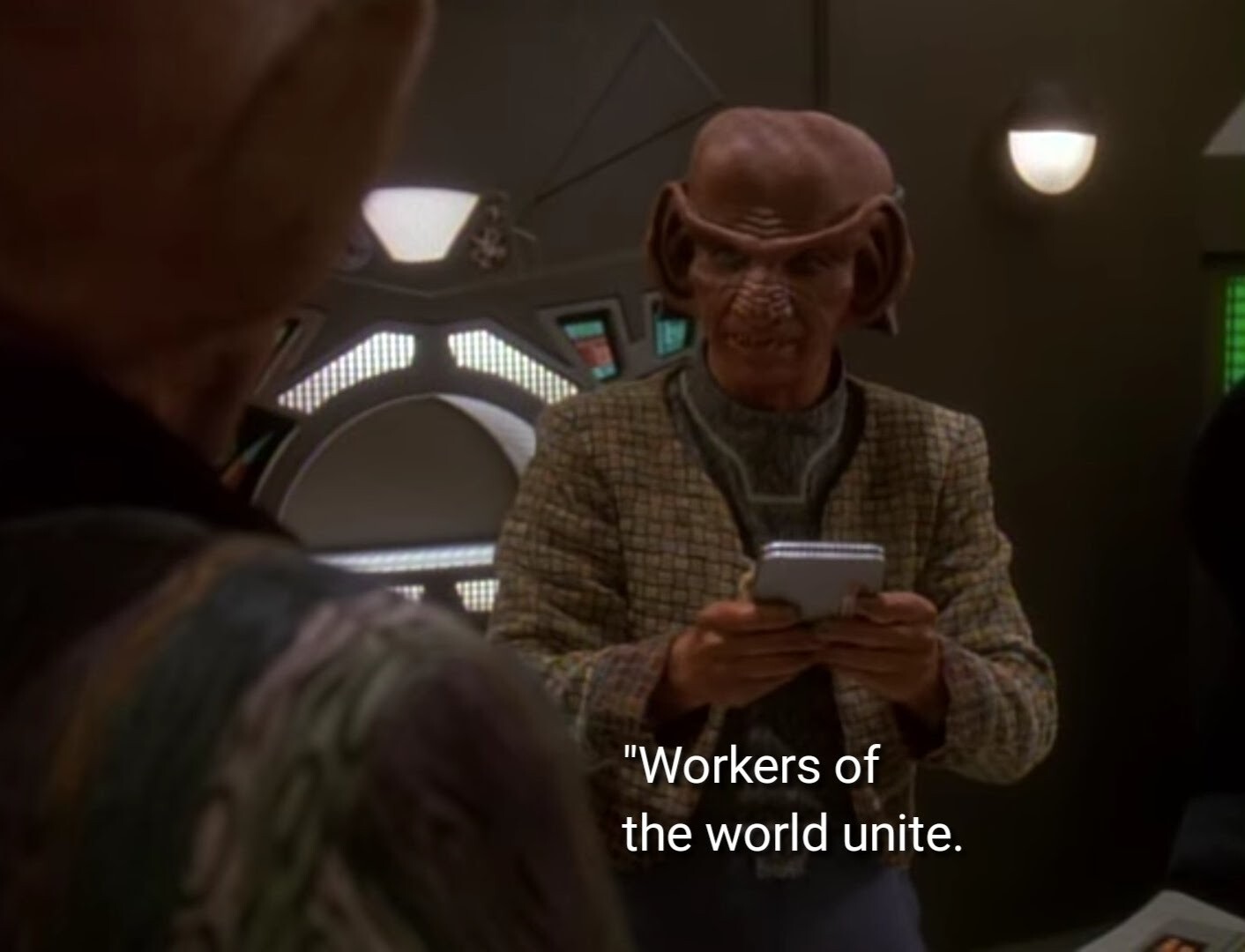The leadership approved it, as the rail strikes proved, this means nothing. I await the outcome of the rank and file (aka people that actually matter) weighing in.
$16,000 for the credited writer of a one hour episode of a ‘big budget series’ of $30 million or more seems incredibly low. Most writers get only one or two script credits out of a 10 episode season, and many EPs take shared credit with the junior writers in the room.
And the rates for streaming residuals seem to be based on domestic uptake in the first 3 months, ignoring ‘sleepers’ and shows that sell well globally. All to say, this doesn’t get around the ‘Suits’ problem.
Yes, the writers get a base pay for being in the room, but it’s still not a lot out of a major property.
Who can live in LA on a couple of script credits a year?
More concerning is that none of the press releases mention the whole AI/LLM issue, is the part that has if not won has truly dystopian possibilities.
Always said to see new headlines pushing the narrative that the strikes over just because there’s a proposal. Until the rank and file vote, calling it a tentative deal seems like an overstatement that only serves to build the narrative to attack the workers later when they don’t accept it. Use headlines to oversell how good the deal is, act like it’s over, and then blame the workers when they don’t accept a mediocre deal.
But the leadership is put in place by the rank and file, with the assumption that they are negotiating on their behalf. If leadership accepts it is very likely everyone goes with it.
final approval is the safeguard against a bad deal. I also trust the rank and file to understand their own interests, there is also the possibility they’ve truly won a good deal. I’m mostly concerned with the lack of statements about AI concerns that were a part of the reason for the strike.
It’s in this article:
Under the terms of the agreement, “AI can’t write or rewrite literary material, and AI-generated material will not be considered source material” under the contract, meaning that AI-generated material can’t be used to undermine a writer’s credit or separated rights.
The summary notes: “A writer can choose to use AI when performing writing services, if the company consents and provided that the writer follows applicable company policies, but the company can’t require the writer to use AI software (e.g., ChatGPT) when performing writing services.”
The company also must disclose to the writer if any materials given to the writer have been generated by AI or incorporate AI-generated material, and the WGA says that it “reserves the right to assert that exploitation of writers’ material to train AI is prohibited by MBA or other law.”








